-
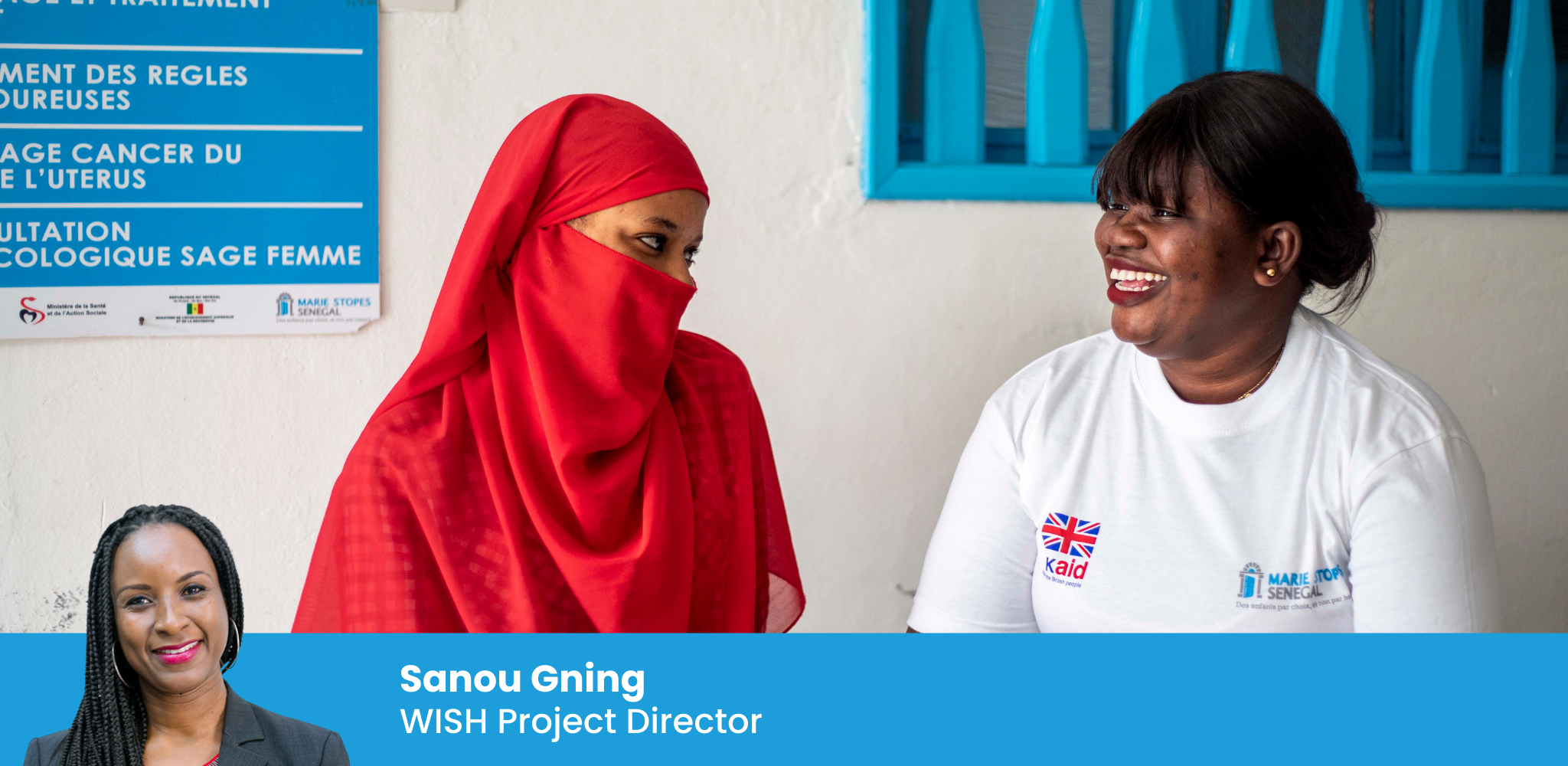
Securing sustainable change for women: the impact of WISH
WISH is delivering long-term change for women, by equipping governments to provide quality healthcare for years to come. The goal is in sight, but only if current funding is protected.
-
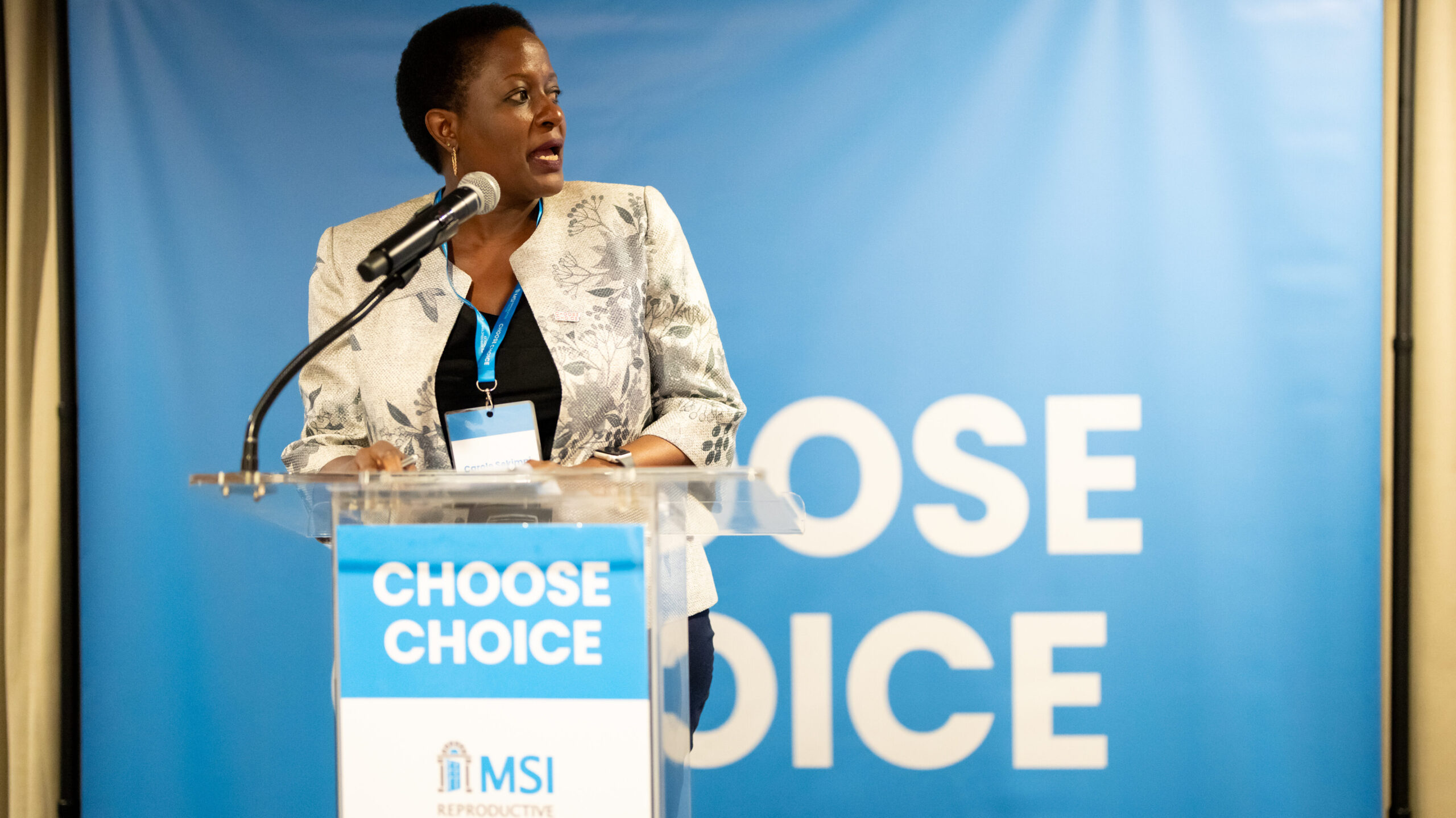
Global voices: Carole & Lalaina, two visionary women leading MSI Africa
We sat down with our MSI Africa Director and Deputy Director to learn more about their backgrounds, inspirations, and shared vision for the future of reproductive choice across the African continent.
-

Annual Report & Financial Statements 2024
We are proud to present MSI’s Annual Report & Financial Statements, reflecting on all that we learned and achieved in 2024.
-

Annual Review 2024
We’re proud to share our collective impact in MSI’s 2024 Annual Review. Read stories of courage, strategy and grit.
-

Meet three MSI Stars: Team members with inspiring commitment
MSI Stars is our global recognition programme. This year, we celebrate Farahnaz, Innocent and Rajesh, and share their stories.
-
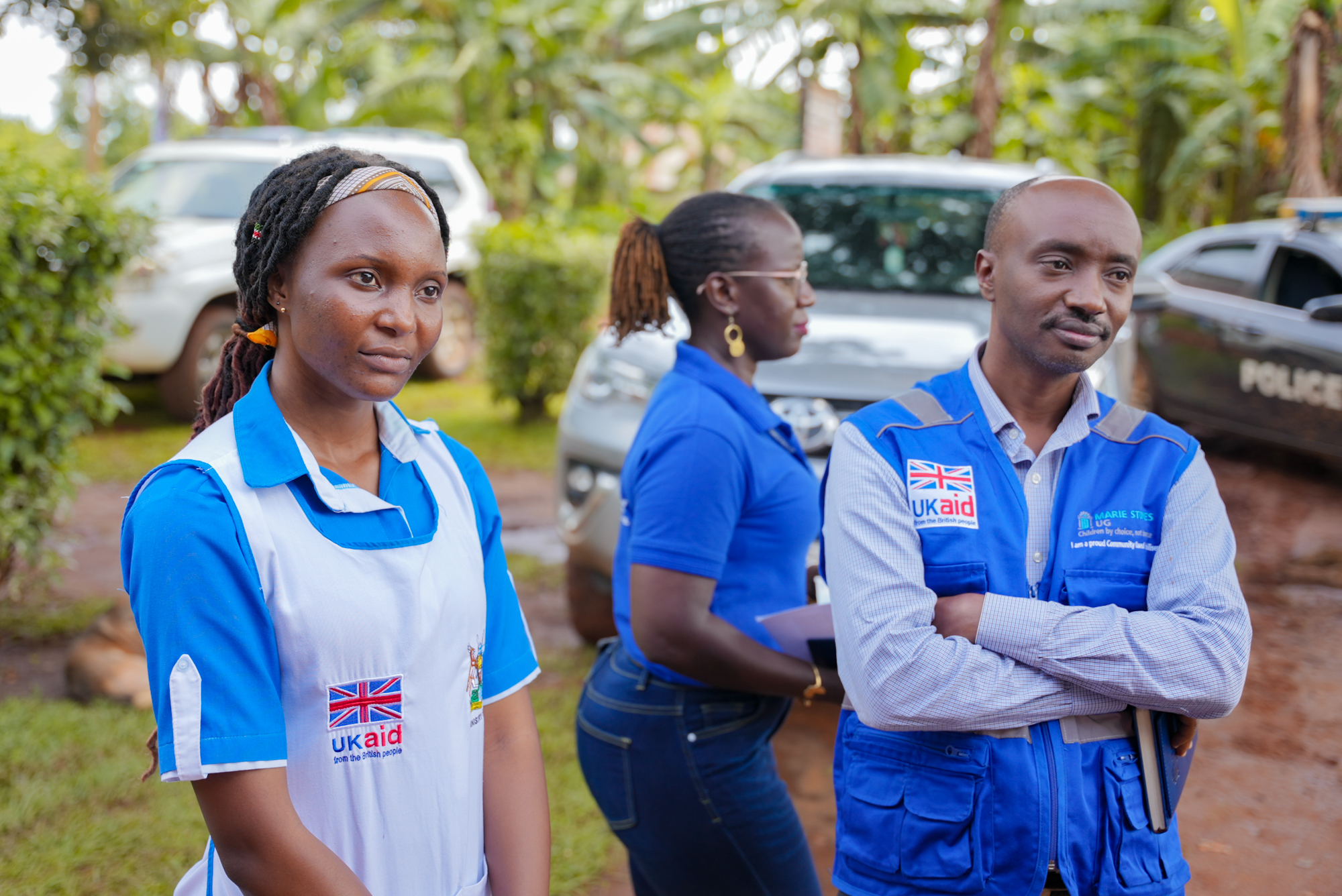
UK Aid Cuts: New analysis shows why sexual and reproductive health must be protected
A new report reveals the devastating implications that further UK aid cuts will have on women and girls’ health, lives and bodily autonomy around the world.
-
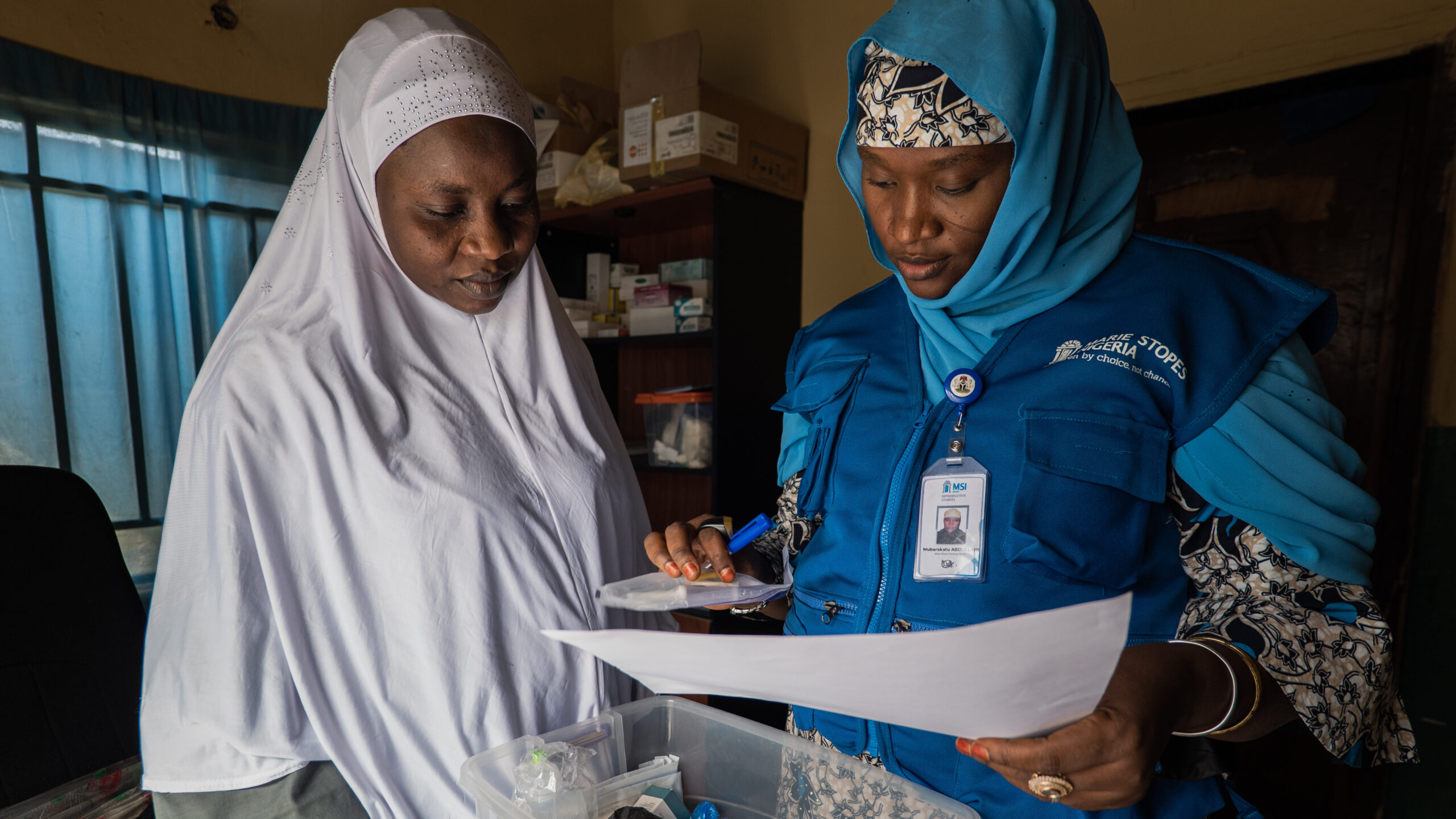
MSI’s Evidence & Insights Compendium (2025)
MSI’s latest compendium of evidence-based programmatic learnings, based on our experience of delivering reproductive health services globally.
-
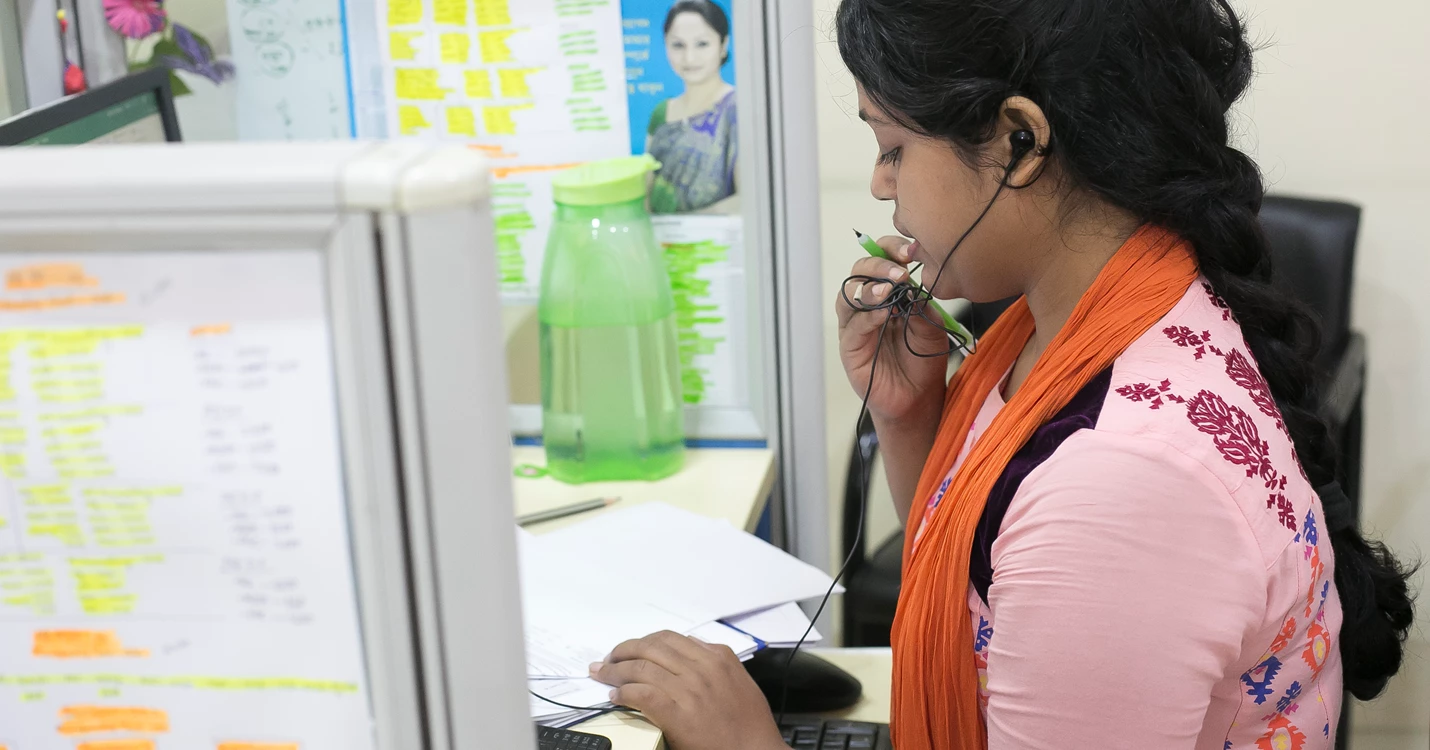
Briefing: The MSI Contact Centre Network
MSI’s global network of contact centres provide free information, advice and referrals over the phone, social media and WhatsApp.
-
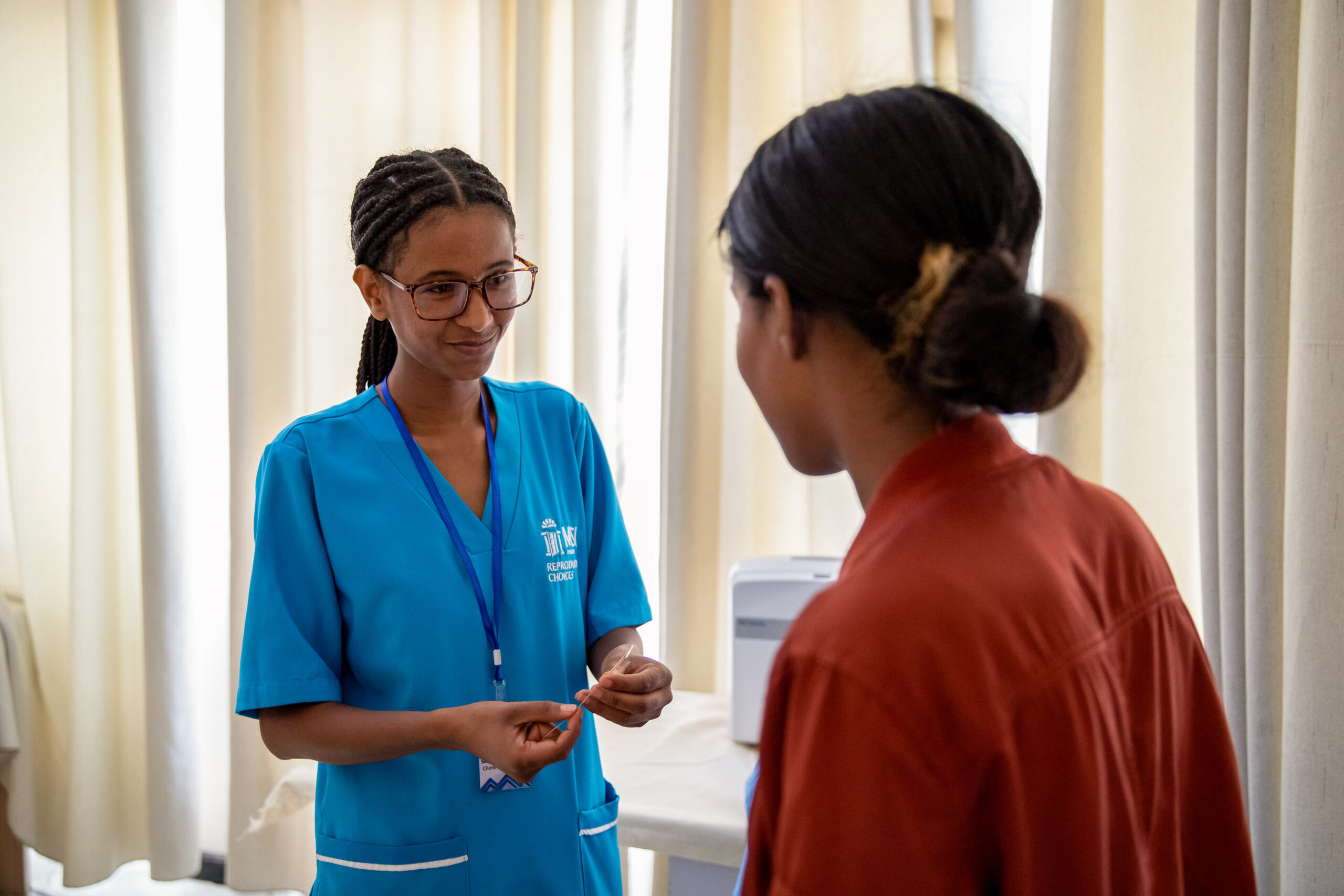
The transformative impact of Ethiopia’s abortion law, 20 years on
Since Ethiopia liberalised abortion, maternal deaths have plummeted and women and girls have had more rights and opportunities.
-
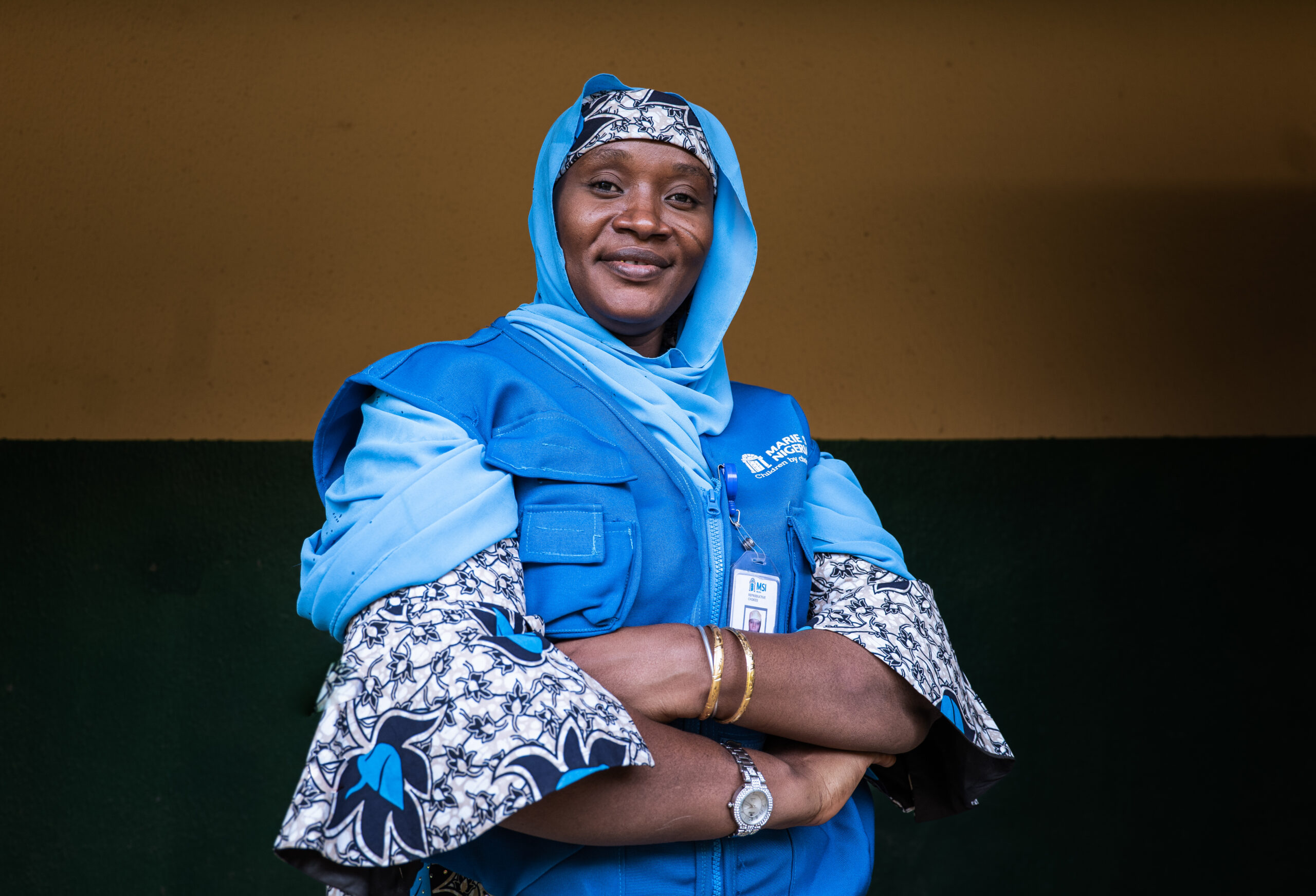
MSI’s 2024 Impact Brief
In 2024, MSI delivered reproductive healthcare to 23.8 million women and girls — supporting them to choose their own futures.





